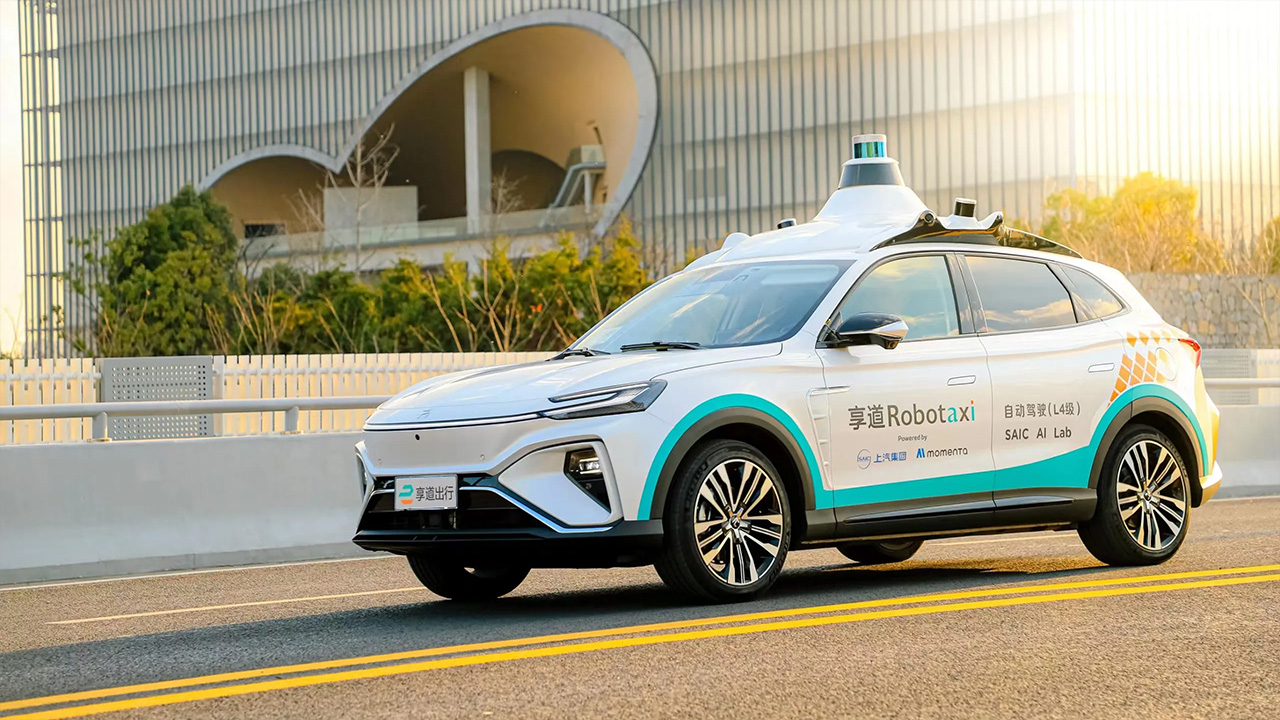The companies approved include Nio, BYD, Changan Auto, GAC, SAIC, BAIC BluePark, China FAW Group, SAIC Hongyan, and Yutong Bus.
These tests mark a significant advancement from the current Level 2 systems that many Chinese cars currently deploy. Under the new permissions, drivers will be able to take their hands off the steering wheel in specific conditions. This approval sets the groundwork for further innovations in China’s rapidly growing autonomous vehicle sector.
The oversight of these tests involves several key government ministries including the Ministry of Transport, Ministry of Housing and Urban-Rural Development, and the Ministry of Public Security alongside the Industry and Information ministry. These bodies ensure that data collection and transfer necessary for autonomous operations comply with national standards.
Presently, at least ten manufacturers in China are already selling vehicles equipped with Level 2 autonomous systems which includes names like Huawei and Xpeng. However, this move towards more advanced Level 3 systems indicates significant progress and potential for commercial applications such as automated taxis.
Source: Reuters

